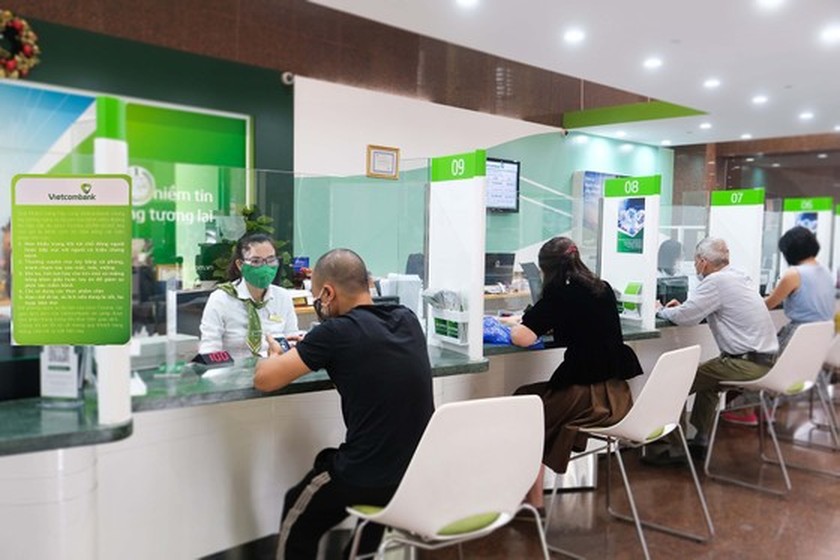The finance and banking sectors stay adaptive
As the pandemic retreats, Vietnam’s finance and banking sector have been proactively supporting the economy in its bounce back.

Credit growth expanded by 9.35% as of June 30, 2022, much higher than the 6.47% rise in the same period last year.
Credit growth expanded by 9.35% as of June 30, 2022, much higher than the 6.47% rise in the same period last year. The SBV’s target for this year is 14%, meaning there’s still room for credit growth, but the agency is keeping a close eye on the market in 2H2022 to stabilise it while adopting flexible policies towards the ultimate goal of fuelling economic growth with inflation under control.
Bank capital mobilisation grew at 4.51% (vs. 4.09% in the same period of 2021). Interest rates have increased remarkably in recent months, leading to higher deposits at banks than in the past two years. The level of capital mobilisation, however, was less than half of credit growth.
Following the pandemic-driven boom in e-Commerce and online payment, the digital transformation in banking and finance is accelerating at a pace. Digitalisation is now a must, not an option anymore, for financial institutions. Adopting the latest technologies, including eKYC, QR code payment/withdraw, contactless cards, etc., has become a vital part of the digital payment system.
In addition, Vietnam’s government is taking further actions in completing its regulatory framework and policies to further promote cashless payment. The authorities have been working together to upgrade the infrastructure and introduce new services and functions of the inter-bank e-payment system to ensure smooth transactions and meet the payment demands of businesses as well as consumers. Notable progress has been made so far. By April, the number of cashless payment transactions had been up 69.7%, equalling a 27.5% increase in value.
Vietnam’s stock market has been through some ups and downs following a series of high-profile corporate arrests in the first half of 2022, which rattled the market. As of mid June, market capitalisation reached 6,339 trillion VND, 18.4% down vs. the 2021 year-end period.
However, Mr. Ngo Dang Khoa, Country Head of Markets and Securities Services, HSBC Vietnam, said Vietnam has been on a roll when it comes to growth and profits, having the second highest liquidity in ASEAN, only after Thailand. It is doing its best to reform the securities market and bring it closer to international standards for unleashing the potential of the Emerging Markets index. The FTSE added Vietnam to a watch list in September 2018 for possible reclassification to secondary EM status, due in September 2022. The market is yet to make it onto MSCI’s watch list, but if required reforms are implemented, it might meet the necessary criteria ahead of May 2023 (before the next review).








